🌿 What is Maruthani Powder (Lawsonia inermis – Henna Leaf Powder)?
Maruthani Powder, also known as Henna Powder, is a traditional herbal remedy derived from the dried leaves of the Lawsonia inermis plant. Widely revered in Ayurvedic, Unani, and folk medicine, Maruthani is known for its powerful cooling, anti-inflammatory, antimicrobial, and dyeing properties. It is used both as a cosmetic and medicinal herb for skin ailments, hair care, and wound healing.
🌱 Description of Maruthani Plant
- Botanical Name: Lawsonia inermis
- Family: Lythraceae
- Plant Type: Shrubby evergreen plant
- Height: Grows up to 2–6 meters
- Leaves: Oblong, glabrous green leaves containing the dye molecule lawsone
- Flowers: Small, fragrant white or pink flowers in dense clusters
- Fruits: Small brown capsules with tiny seeds
🌍 Habitat of Maruthani
Native to North Africa, the Middle East, and South Asia, Maruthani grows well in hot, semi-arid climates and is widely cultivated in India, particularly in Tamil Nadu, Rajasthan, and Gujarat. It prefers sandy, well-drained soil and full sunlight.
🌟 Medicinal Properties of Maruthani Powder
-
Hair Care: Strengthens hair roots, prevents dandruff, and adds a natural reddish-brown tint.
-
Skin Health: Treats fungal infections, rashes, boils, and wounds.
-
Cooling Agent: Acts as a natural coolant to soothe heat-related skin issues.
-
Anti-inflammatory: Reduces swelling and inflammation on joints and skin.
-
Antibacterial and Antifungal: Helps in preventing infections, especially on the scalp and skin.
🧪 Active Compounds in Maruthani Powder
-
Lawsone: A naphthoquinone dye with antimicrobial and antifungal activity
-
Tannins: Aid in wound healing and act as antioxidants
-
Flavonoids: Support anti-inflammatory effects
-
Gallic Acid: Offers antifungal and antimicrobial benefits
🍵 Usage and Dosage
Maruthani Powder is primarily used externally, though internal use in folk remedies is minimal and should only be done under supervision.
-
Hair Pack: Mix 2–3 tablespoons with water, curd, or tea decoction. Apply to scalp and hair, leave for 1–2 hours, and wash off.
-
Skin Application: Apply as a paste to boils, wounds, or fungal infections.
-
Cooling Foot Paste: Apply to the soles during high fevers for its cooling effect.
⚖️ Recommended Dosage
-
External use only: Apply as needed (1–3 times per week for hair, daily or as required for skin).
-
Internal use: Not recommended unless guided by a qualified practitioner.
🧺 How to Consume, Use & Store
-
Preparation: Mix powder with warm water or suitable mediums (tea, lemon juice, curd) for hair/skin.
-
Storage: Store in an airtight container in a cool, dry place away from sunlight.
-
Shelf Life: Best used within 6–12 months of grinding for maximum potency.
⚠️ Caution, Tips & Harvesting
-
Pregnancy: External use generally safe, but avoid internal use.
-
Allergy Test: Always conduct a patch test before use, especially if applying near sensitive areas.
-
Harvesting: Leaves are harvested during dry seasons, shade-dried, and finely ground into powder.
-
Tips: Avoid mixing with chemical hair dyes. For darker color, mix with indigo or amla.
🏷️ Tags/Keywords
Maruthani Powder, Henna Leaf Powder, Lawsonia inermis, Herbal Hair Dye, Natural Antifungal, Ayurvedic Hair Pack, Skin Cooling Herb, Siddha Maruthani, Organic Henna, Herbal Beauty Remedy, Tamil Herbal Powder, Hair Strengthening Herb
Tamil: மருதாணி (Maruthani)
Hindi: मेहंदी (Mehndi)
Malayalam: മൈലാഞ്ചി (Mailanji)
Telugu: గోరింటాకు (Gorintaaku)
English: Henna Leaves, Mignonette Tree
Kannada: ಗೋರಂತೆ (Gorante) or ಮದುಹುನ್ನಿ (Maduhunni)
Sanskrit: रंजनिका (Ranjanika) or मेधिका (Medhika)
🌾 Nutritional Facts, Info & Dosage of Maruthani Powder (Henna)
Maruthani Powder is not typically consumed as a nutritional supplement, but it contains several bioactive compounds with significant therapeutic potential. The leaves of the henna plant are rich in lawsone (2-hydroxy-1,4-naphthoquinone), which provides its characteristic red-orange dye and imparts antibacterial, antifungal, and anti-inflammatory properties. Other beneficial constituents include tannins, flavonoids, gallic acid, and essential fatty acids, which contribute to its healing and antioxidant effects. While it is primarily used externally, some traditional systems cautiously use henna leaf decoctions for therapeutic internal applications under medical supervision.
⚖️ Recommended Dosage (For External Use Only):
-
Hair Care: Mix 5–10 grams of Maruthani Powder with water or curd to form a paste. Apply to the scalp and hair. Leave for 30–60 minutes and rinse.
-
Skin Treatment: 2–5 grams of powder mixed with rose water or aloe vera gel can be applied to affected areas for rashes, burns, or fungal infections.
-
Joint Pain Poultice: Prepare a warm paste and apply to swollen or painful joints for 20–30 minutes.
-
Decoction (External Wash): Boil 10 grams of powder in 200 ml water, reduce to 100 ml. Use as a topical rinse for wounds, itching, or infections.
📝 Note: Maruthani Powder should not be ingested without supervision. Always perform a patch test before first use to avoid allergic reactions.
🌿 How to Consume, Use & Store Maruthani Powder (Henna)
Maruthani Powder is primarily used for external applications due to its potent dyeing, cooling, and therapeutic properties. For hair care, it is commonly mixed with water, tea decoction, or curd to form a paste and applied to the scalp and hair for natural conditioning, cooling, and coloring. It can be combined with herbs like amla, indigo, or fenugreek for enhanced results. For skin applications, Maruthani Powder is used as a paste to treat rashes, fungal infections, or mild burns, and as a natural coolant in heat boils or sunburns. In folk medicine, henna water or decoctions are used topically on wounds or inflamed joints for their antibacterial and anti-inflammatory effects. Internally, consumption is not recommended unless prescribed by a qualified Siddha or Ayurvedic practitioner. To store, keep the powder in an airtight container away from moisture, sunlight, and strong odors. It is best stored in a cool, dry place and used within 6–12 months of milling for optimal potency and color.
⚠️ Caution, Tips & Harvesting of Maruthani Powder (Henna)
While Maruthani (Henna) is generally safe for external use, it’s important to conduct a patch test before applying it to skin or scalp, especially for those with sensitive skin or allergies. Avoid using “black henna” that may contain harmful chemicals like PPD (para-phenylenediamine), which can cause severe allergic reactions. Pregnant or lactating women should consult a physician before medicinal use. Avoid internal consumption unless guided by a trained Siddha or Ayurvedic practitioner. For best results, always use pure, additive-free Maruthani powder.
When harvesting, the leaves should be picked before flowering, typically during the late summer or early monsoon season when the plant’s medicinal content is at its peak. The leaves are shade-dried to retain their potency and color, then finely ground into a powder. Store the powder in a cool, dry, airtight container away from direct sunlight to preserve its natural dye and medicinal properties. For enhanced coloring, mix the powder with slightly acidic liquids like lemon juice or tea water and let the paste rest before use.

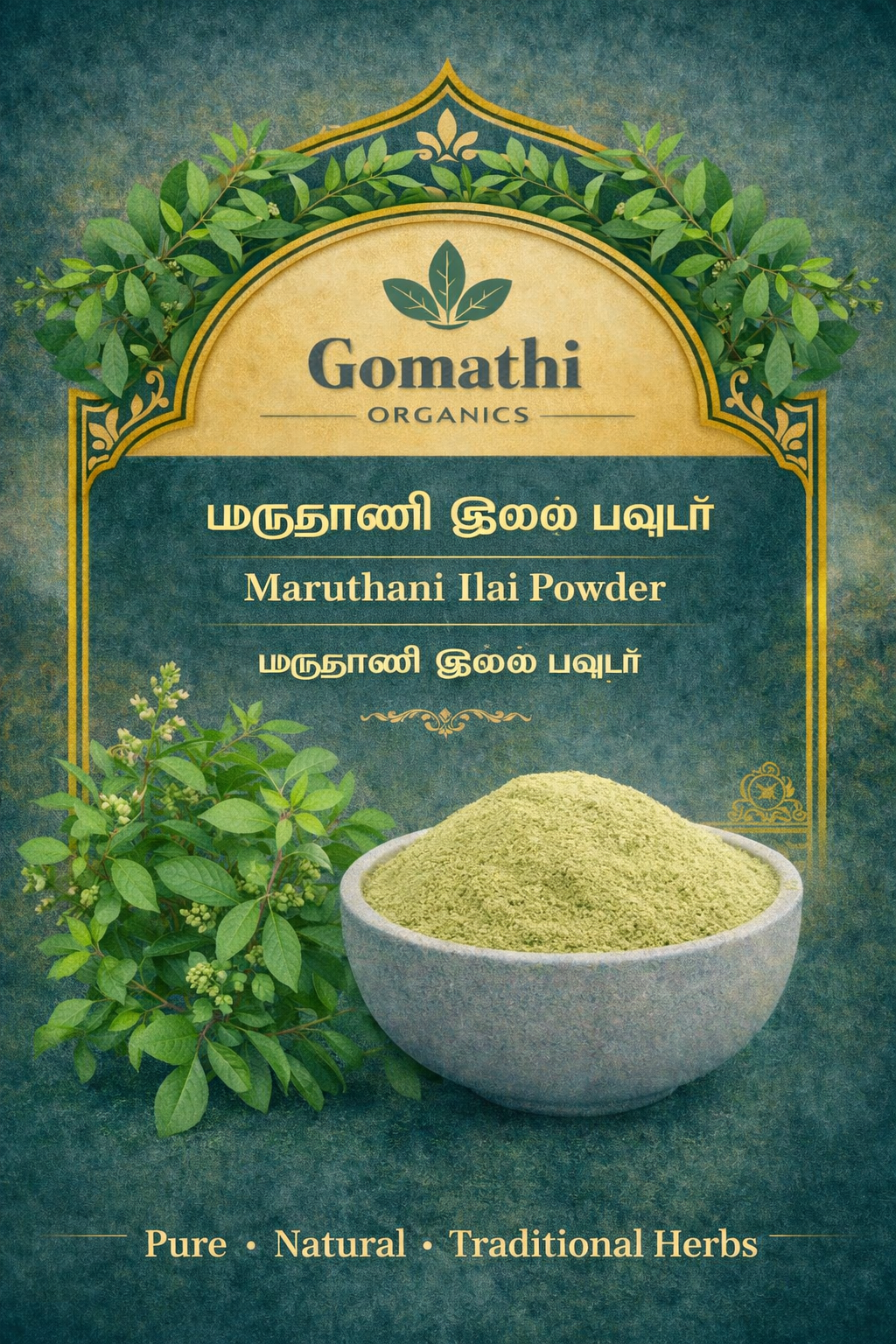
 SCIENTIFICALLY TESTED & COMPLETELY SAFE. SUITABLE FOR VEGETARIANS. NOT TESTED ON ANIMALS/NO ANIMAL INGREDIENTS. NO KNOWN SIDE EFFECTS. COMPLETELY SAFE. NON-TOXIC. FREE FROM HEAVY METALS
SCIENTIFICALLY TESTED & COMPLETELY SAFE. SUITABLE FOR VEGETARIANS. NOT TESTED ON ANIMALS/NO ANIMAL INGREDIENTS. NO KNOWN SIDE EFFECTS. COMPLETELY SAFE. NON-TOXIC. FREE FROM HEAVY METALS 

 The Food and Drug Administration has not evaluated these Statements. This product is classified as an “Herbal Food Supplement” and is not designed to diagnose, treat, cure, or prevent any disease. If you have any underlying health conditions, please consult a healthcare professional before using this product
The Food and Drug Administration has not evaluated these Statements. This product is classified as an “Herbal Food Supplement” and is not designed to diagnose, treat, cure, or prevent any disease. If you have any underlying health conditions, please consult a healthcare professional before using this product 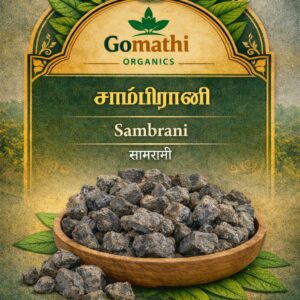
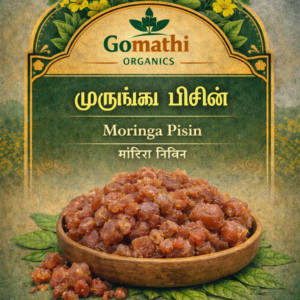
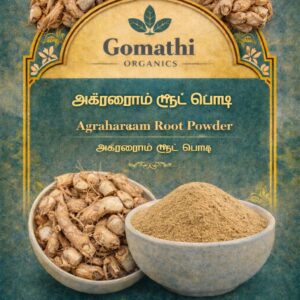
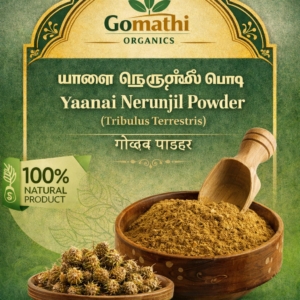
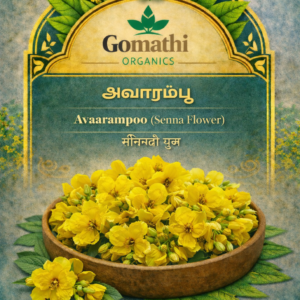
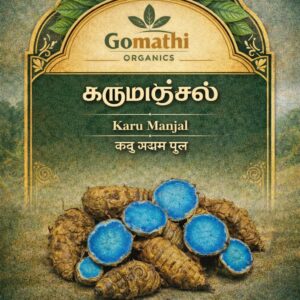
Reviews
There are no reviews yet.